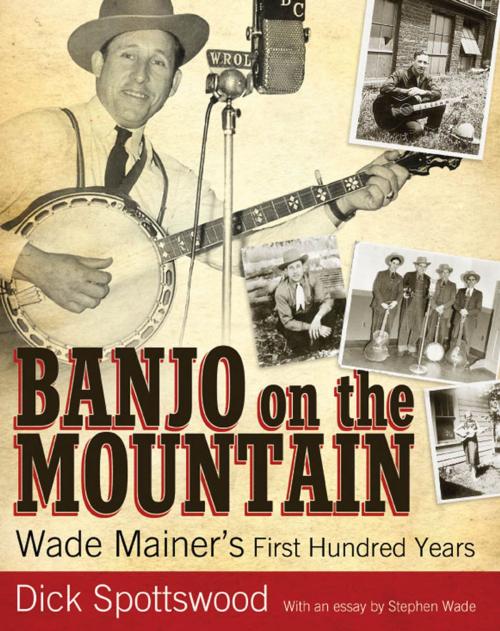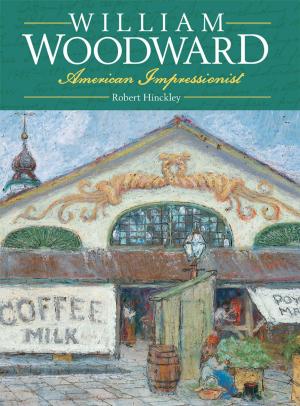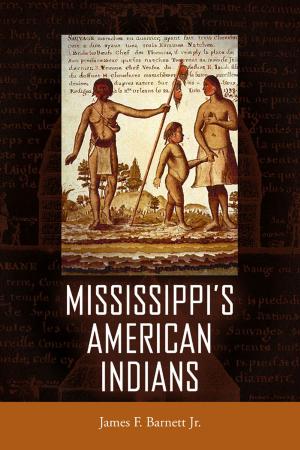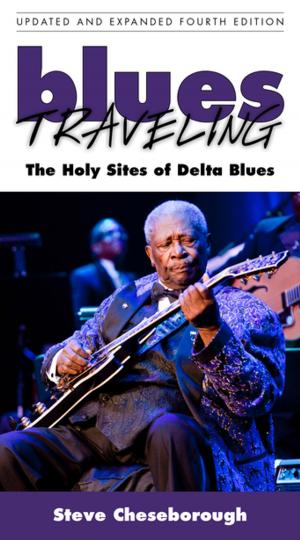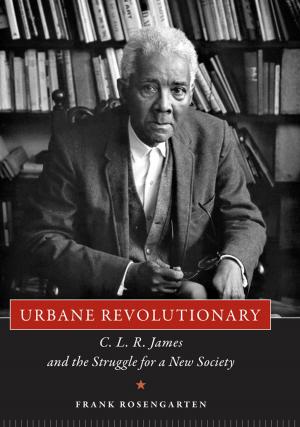Banjo on the Mountain
Wade Mainer's First Hundred Years
Nonfiction, Entertainment, Music, Music Styles, Country, Theory & Criticism, History & Criticism, Reference| Author: | Dick Spottswood, Stephen Wade | ISBN: | 9781604734997 |
| Publisher: | University Press of Mississippi | Publication: | July 8, 2010 |
| Imprint: | University Press of Mississippi | Language: | English |
| Author: | Dick Spottswood, Stephen Wade |
| ISBN: | 9781604734997 |
| Publisher: | University Press of Mississippi |
| Publication: | July 8, 2010 |
| Imprint: | University Press of Mississippi |
| Language: | English |
Wade Mainer (b. 1907) is believed to be the longest-lived country entertainer ever. His banjo lessons began in childhood and he played informally into his adult years, when he joined his brother, fiddler J. E. Mainer (1898-1971), in Mainer's Mountaineers. Music became their ticket out of the cotton mills in 1934. At the time, country styles were swiftly evolving from community-based performance into mass-market broadcast via radio, records, and the silver screen. Mainer's Mountaineers attracted radio sponsors and touring opportunities, allowing the brothers to become full-time musicians.
Eventually Wade Mainer formed his own band, the Sons of the Mountaineers. His success secured a permanent place for the fiddle and banjo sound in country music, sustained that sound's popularity throughout the 1930s, and created the foundation upon which Bill Monroe and his disciples would spread bluegrass music in the 1940s.
Banjo on the Mountain features Wade's own words and recollections from a lifetime in music and an exciting career that included a command performance at the White House for President Franklin D. Roosevelt and a key role in The Old Chisholm Trail, a 1944 BBC-sponsored radio play for American troops and embattled English civilians. The volume is rich in photographs and documents, thanks to Wade and Julia Mainer's careful custodianship of letters, professional photos and family snapshots, posters, songbooks, flyers, and other priceless curios.
Wade Mainer (b. 1907) is believed to be the longest-lived country entertainer ever. His banjo lessons began in childhood and he played informally into his adult years, when he joined his brother, fiddler J. E. Mainer (1898-1971), in Mainer's Mountaineers. Music became their ticket out of the cotton mills in 1934. At the time, country styles were swiftly evolving from community-based performance into mass-market broadcast via radio, records, and the silver screen. Mainer's Mountaineers attracted radio sponsors and touring opportunities, allowing the brothers to become full-time musicians.
Eventually Wade Mainer formed his own band, the Sons of the Mountaineers. His success secured a permanent place for the fiddle and banjo sound in country music, sustained that sound's popularity throughout the 1930s, and created the foundation upon which Bill Monroe and his disciples would spread bluegrass music in the 1940s.
Banjo on the Mountain features Wade's own words and recollections from a lifetime in music and an exciting career that included a command performance at the White House for President Franklin D. Roosevelt and a key role in The Old Chisholm Trail, a 1944 BBC-sponsored radio play for American troops and embattled English civilians. The volume is rich in photographs and documents, thanks to Wade and Julia Mainer's careful custodianship of letters, professional photos and family snapshots, posters, songbooks, flyers, and other priceless curios.
